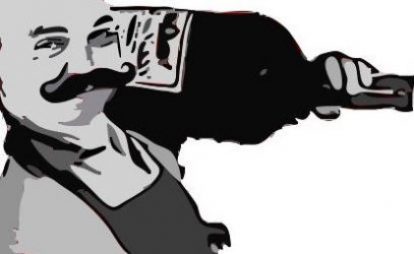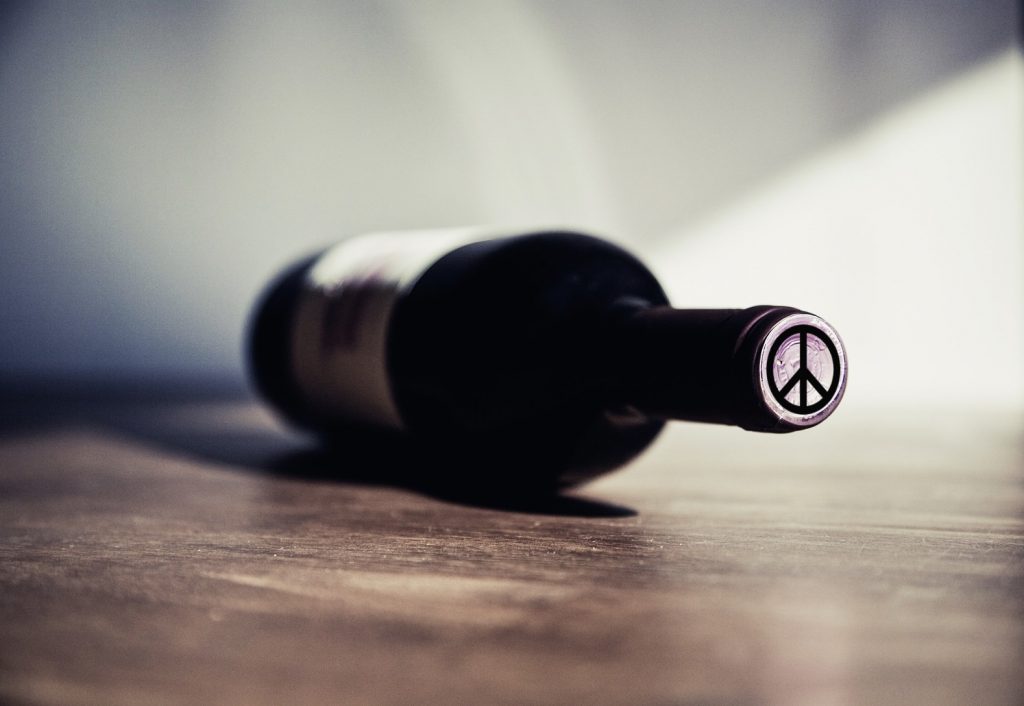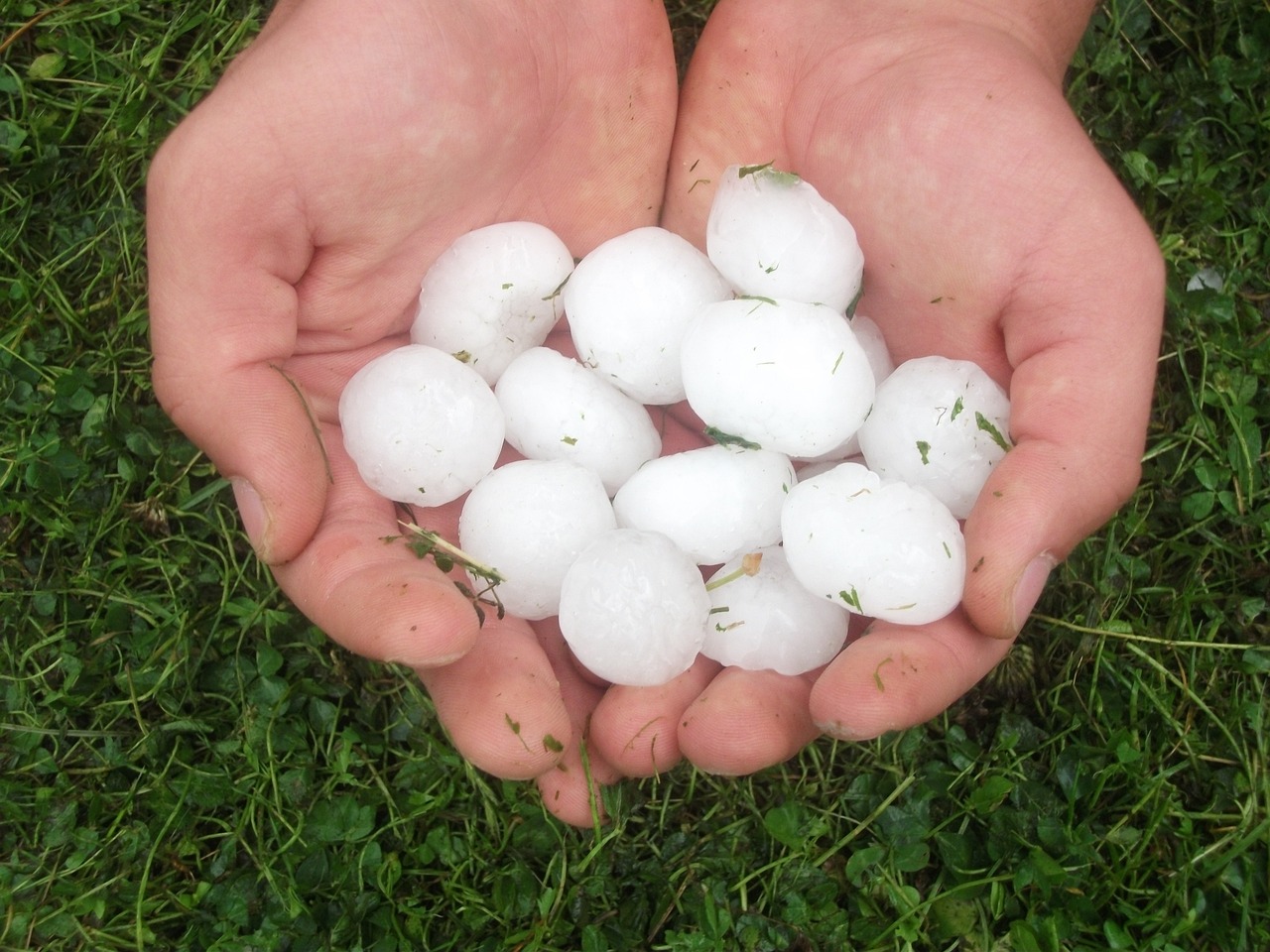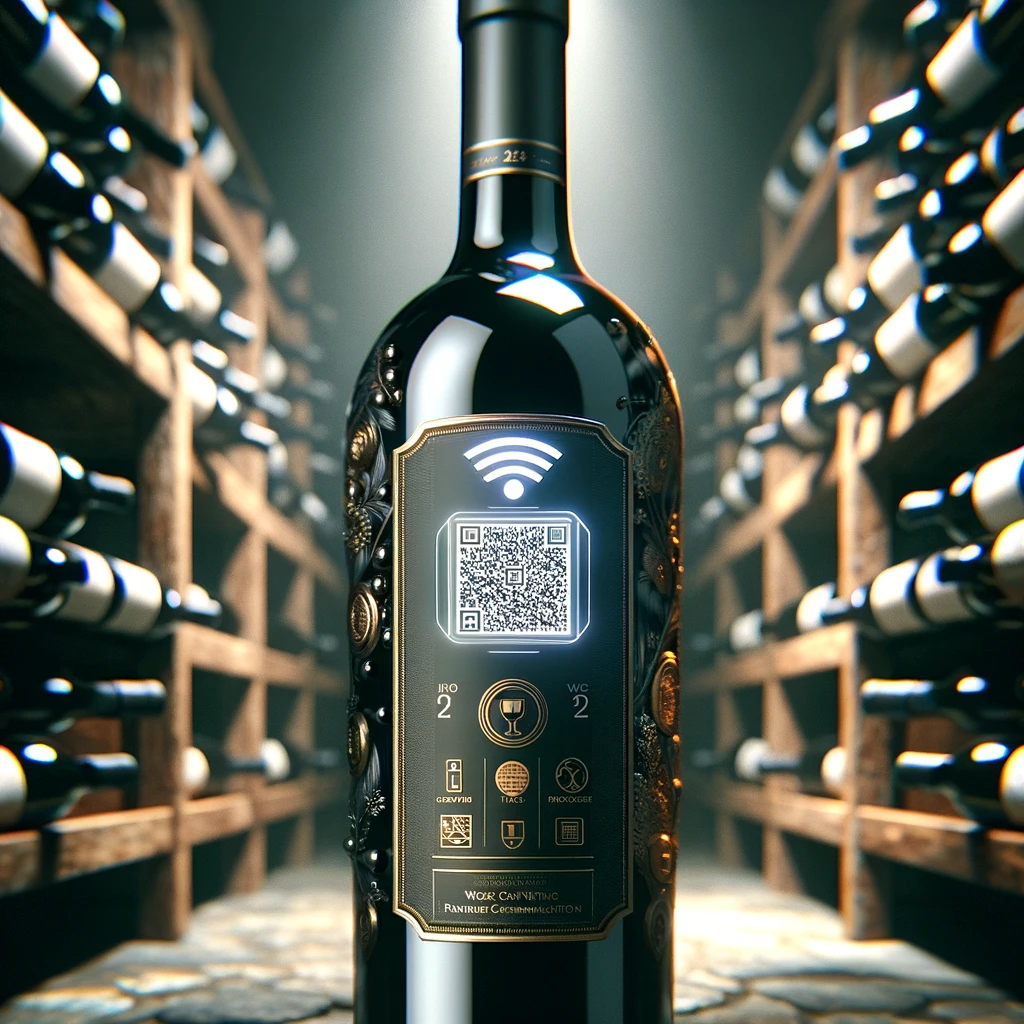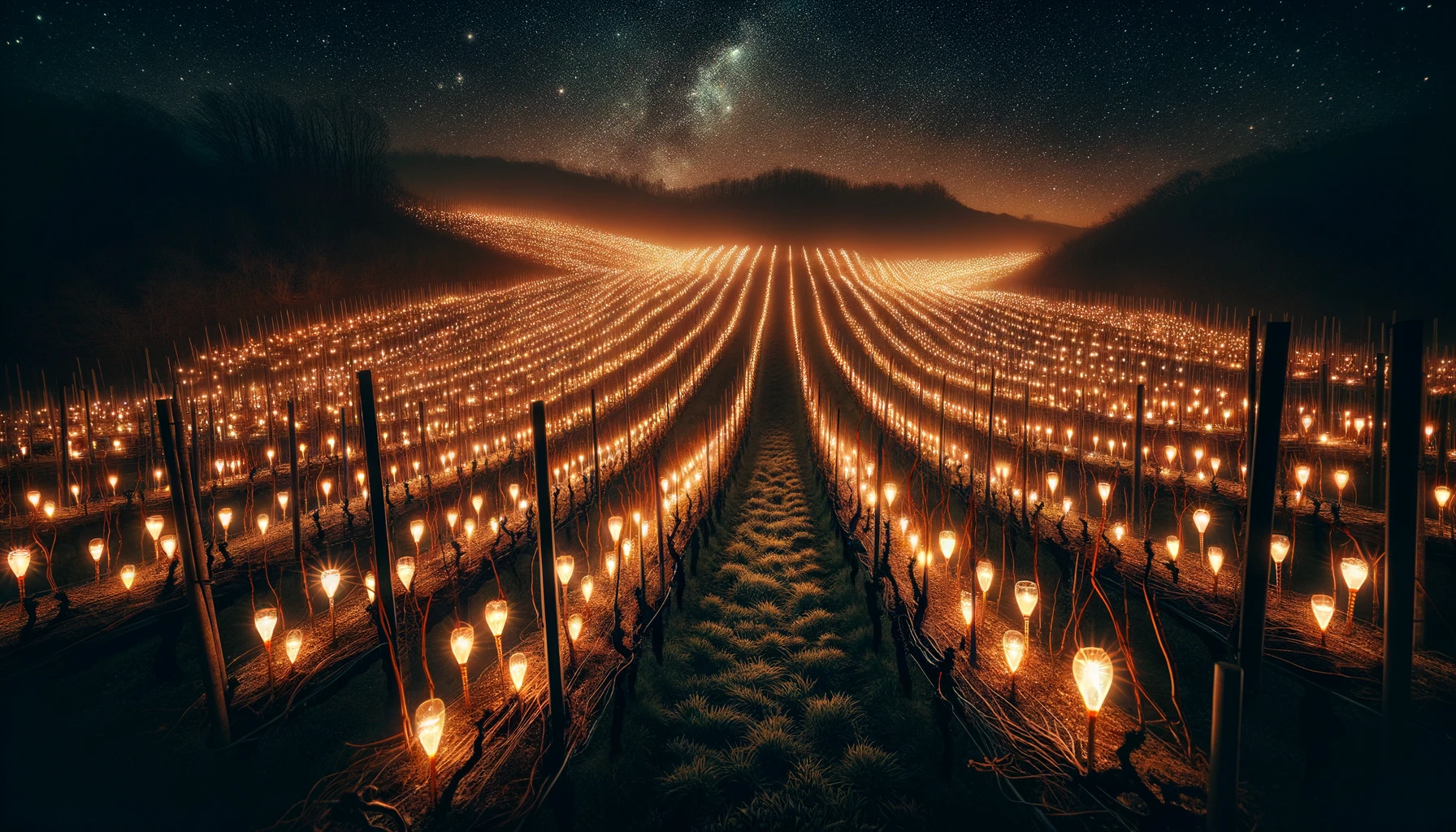It is difficult to describe how depressing this current crisis is. Even though it seems so far away, the war on Ucraine is an attack on the freedom and value of our society. So, it is not easy to think and write about news in the wine world, which is all so insignificant in comparison. Yes, we could talk about the impact of the sanctions for the wine sector, the troubles of those producers that heavily rely on the Russian market or the vodka producers that are now sitting on their cases. All to no avail though, so instead I propose that in this edition of the JollyCellarMaster Weekly, we do a quick roundup of some interesting research I came across this week to take our minds of it for a while.
The Power of Wine Research
Save the environment, buy local?
On one hand, I truly believe that every single one of us needs to her or his part to save the environment and to do so we all ought to consume less and if we do, buy local. On the other hand, I’m the first to admit to having a soft spot for certain French wines, which isn’t exactly around the corner.
What does buy local actually mean though? That’s exactly the question researchers in Ontario asked themselves, so they put the question to more than 500 wine consumers in an online survey. Unsurprisingly, results showed that perceptions of localness differed between food products (‘coming from within a 100 km radius of home’) and wine (‘coming from anyway in North America and Canada’). When I think of buying local, I had farmers in my more immediate vicinity in mind, but I suppose this shows the issue at hand.
Equally interesting are the findings concerning the motivations of consumers. The most important motivational factors reported for purchasing local wine were directly linked to economic and hedonic factors, specifically; ‘support local vineyards and wineries’, ‘build the local economy’ and ‘taste and flavour’. High frequency purchasers of local wines also bought local foods more often and were more likely to seek information about the origin of their food than were lower frequency purchasers.
Lastly, the authors concluded that a pro-ecological worldview is associated with higher purchasing frequency of Ontario wine, i.e. buying local and thus assuming to be more environmentally friendly translates in more frequent acquisitions, which is a somewhat unexpected conclusion when it comes to wine, at least for those with ageing potential.
Covid 19 and Alcohol Consumption
Everyone will want to know what the world is like after Covid-19. It is without question the biggest crisis of our generation, though it appears that another one of potentially equal dimension could be upon us. As it appears that the pressure of the pandemic is slowly diminishing (though I have said and believed this before over the course of the past two years), people especially in the wine world are wondering what life will be like. Disregarding the spectre of another cold war, we ask ourselves whether things will go back to what they were or how our habbits have changed.
While no one has the answers yet, it may be useful to look at a recent study that analyses the alcohol consumption of wine drinkers with the onset of Covid-19. Lara Agnoli and Steve Charters from the Université Bourgogne Franche-Comté in Dijon, France, and the Adelaide Business School at the University of Adelaide, Australia, explore the difference between professionals in the drinks industry and non-professional wine lovers and the impact on their consumption behaviour of wine and other alcoholic beverages in the early stages of the pandemic, particularly in the context of anxiety.
They conducted a survey among people both from the trade and non-professionals for the period between March and the end of June 2020. They found a higher incidence of unchanged alcohol consumption among non-professionals during the initial period of the crisis, while their counterparties from the industry admitted to higher consumption.
Predictably,anxiety has an impact on alcohol consumption, but the difference could be found in that it would affect the wine consumption of professionals, while it increased beer consumption of non-professionals.
Naturally, age and gender affect the role of anxiety on drinking during the pandemic and it’s worth looking at the data if you want to draw your own conclusions. What does this mean for a world after Covid-19? Difficult to say, especially since the anxiety of a global pandemic is currently being replaced by the one induced by that warmonger in the Kremlin.
The Value of Wine Quality Assurance Programs
By now, you ought to be fully aware of my interest in wine classifications of all sorts and the question how they impact the quality of wine or not. The differentiation of attributes in accordance to whether they are credence goods, experience goods or search goods in economics is one approach to shed some light on the matter. As such, I’m always interested to read about Quality assurance programs (QAPs) that are sold on the premise that they may add value to wines through reassuring consumers of wine quality prior to purchase and consumption. Since most consumers cannot really be sure prior to buying a bottle whether they like it, such instruments can be useful tools.
A group of researchers at the University of Tennessee in Knoxville have analysed consumer perceptions of wine quality assurance programs and resulting opportunities for emerging wine markets. The study first explains how QAPs signal product quality to consumers, which reduces their risks when selecting a product to purchase. As such, QAPs may be extrinsic cues (e.g., origin, expert ratings, etc.) or intrinsic characteristics (e.g., aroma, taste, smell, etc.) and can be used to build a collective reputation in emerging markets and generate premiums for wines., which often translates into a significant price increase that can be achieved. There are number of examples and the authors cite the American Viticultural Areas (AVAs) in the U.S., the Vintners Quality Alliance (VQA) in Canada, and the Association of German Quality Wine Estates (VDP) in Germany, where such instruments have been used with a certain success.
I have my own thoughts on the impact of such initiatives and the quality of wine, which I’d be happy to discuss if you want to drop me a line. But this is not about my beliefs. The researchers from Tennessee, however, came to the conclusion that encouraging consumer interest in wines from emerging markets is one means of supporting the wine industry and their home communities’ economic sustainability. They also stated that QAPs are a potential value-added attribute that communicates the wine has undergone testing and adheres to defined quality standards. As such, results from this study support the use of QAPs to generate consumer interest in Tennessee wines. In order to benefit from such tools, it also showed that the need a strong reputation would be essential to its success when developing a QAP, meaning industry support and other actions to aid in building the program and developing key standards are very important. So the bottom line is that it is all good and well to establish a QAP to promote the products of a said region or area, it is all nothing if it isn’t supported by all relevant stakeholders.
—
And that’s all for the week but if you have an interesting story to tell or simply want to chat about wine as a guest on the Podcast, connect on Twitter or drop me a line. And if you want to stay in the loop about things happening at the JollyCellarMaster and the world of wine, make sure you sign up to our newsletter.
—
Disclaimer: As always, I’d like to be completely transparent about affiliations, conflicts of interest, my expressed views and liability: Like anywhere else on this website, the views and opinions expressed are solely those of the original authors and other contributors. The material information contained on this website is for general information purposes only. I endeavour to keep this information correct and up-to-date, I do not accept any liability for any falls in accurate or incomplete information or damages arising from technical issues as well as damages arising from clicking on or relying on third-party links. I am not responsible for outside links and information is contained in this article nor does it contain any referrals or affiliations with any of the producers or companies mentioned. As I said, the opinions my own, no liability, just thought it would be important to make this clear. Thanks!
